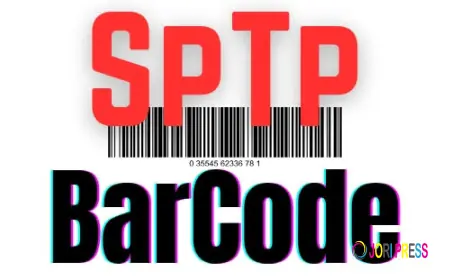Understanding GMP Certification: A Pillar of Quality Assurance in Manufacturing
Introduction: Importance of Quality and Safety Standards
In today's global marketplace, consumers expect safe, effective, and high-quality products—especially in industries such as pharmaceuticals, food, and cosmetics. This is where GMP Certification, or Good Manufacturing Practice certification, becomes a critical benchmark. It signifies a company’s commitment to stringent manufacturing standards, ensuring that products are consistently produced and controlled according to quality standards.
Manufacturing Compliance and Regulatory Alignment
GMP Certification plays a vital role in helping companies meet both domestic and international regulatory requirements. Organizations with this certification demonstrate that their manufacturing processes follow recognized guidelines set by regulatory agencies like the FDA or WHO. This compliance not only reduces the risk of contamination, mix-ups, and errors but also assures global partners of the company’s reliability and regulatory alignment.
Operational Efficiency and Risk Management
One of the lesser-highlighted benefits of GMP Certification is its impact on internal processes. By enforcing structured documentation, equipment validation, and employee training, companies enhance operational efficiency. Moreover, this certification fosters proactive risk management by identifying potential issues before they impact product quality. This leads to fewer recalls and better consumer trust.
Market Access and Competitive Advantage
Incorporating GMP Certification into a company’s credentials can open doors to new markets. Many countries and clients demand proof of GMP compliance before accepting imports or forming partnerships. This certification not only enables wider market access but also serves as a competitive differentiator, especially in crowded industries where trust and safety are paramount.
Boosting Brand Credibility and Customer Trust
In industries where the end-users directly consume or apply the product, reputation is everything. GMP Certification communicates a company’s dedication to excellence, helping build stronger relationships with consumers. It assures customers that the brand prioritizes their health and safety at every step of the production process.
Conclusion: Investing in Quality for Long-Term Success
Achieving and maintaining GMP Certification is more than a regulatory checkbox—it’s a strategic investment in quality, safety, and business growth. From improving internal processes to securing international market access, this certification stands as a symbol of a manufacturer’s integrity and professionalism. In a world where quality is non-negotiable, GMP Certification sets the gold standard.
What's Your Reaction?
 Like
0
Like
0
 Dislike
0
Dislike
0
 Love
0
Love
0
 Funny
0
Funny
0
 Angry
0
Angry
0
 Sad
0
Sad
0
 Wow
0
Wow
0

















































